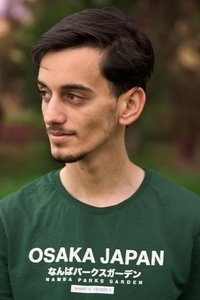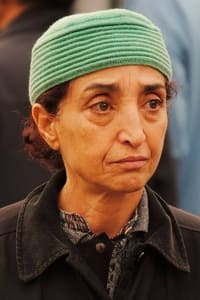Chronicles of my Village
Genres
DramaHistoryComedy
OverView
In 1960, nine-year-old Bachir dreamed of becoming the son of a martyr because he had heard that the children of martyrs would obtain everything after independence. He sets up a whole plan to get rid of a certain François, enemy of his country, while his father, Saddek, abandoned him with his mother and brothers. Through this fiction, the film looks at the life and visions of little Algerians during the War of National Liberation. Karim Traïdia looks back on his own childhood during the Algerian war (1945-1962). On a humorous note, it tells the adventures of a young child and his innocent friends against the backdrop of a raging merciless war.
Others
Budget
$--
Revenue
$--
Status
Released
Original Language
Arabic
Runtime
80 mins
Rating
7/10
Release Date
30 July 2016
Country







